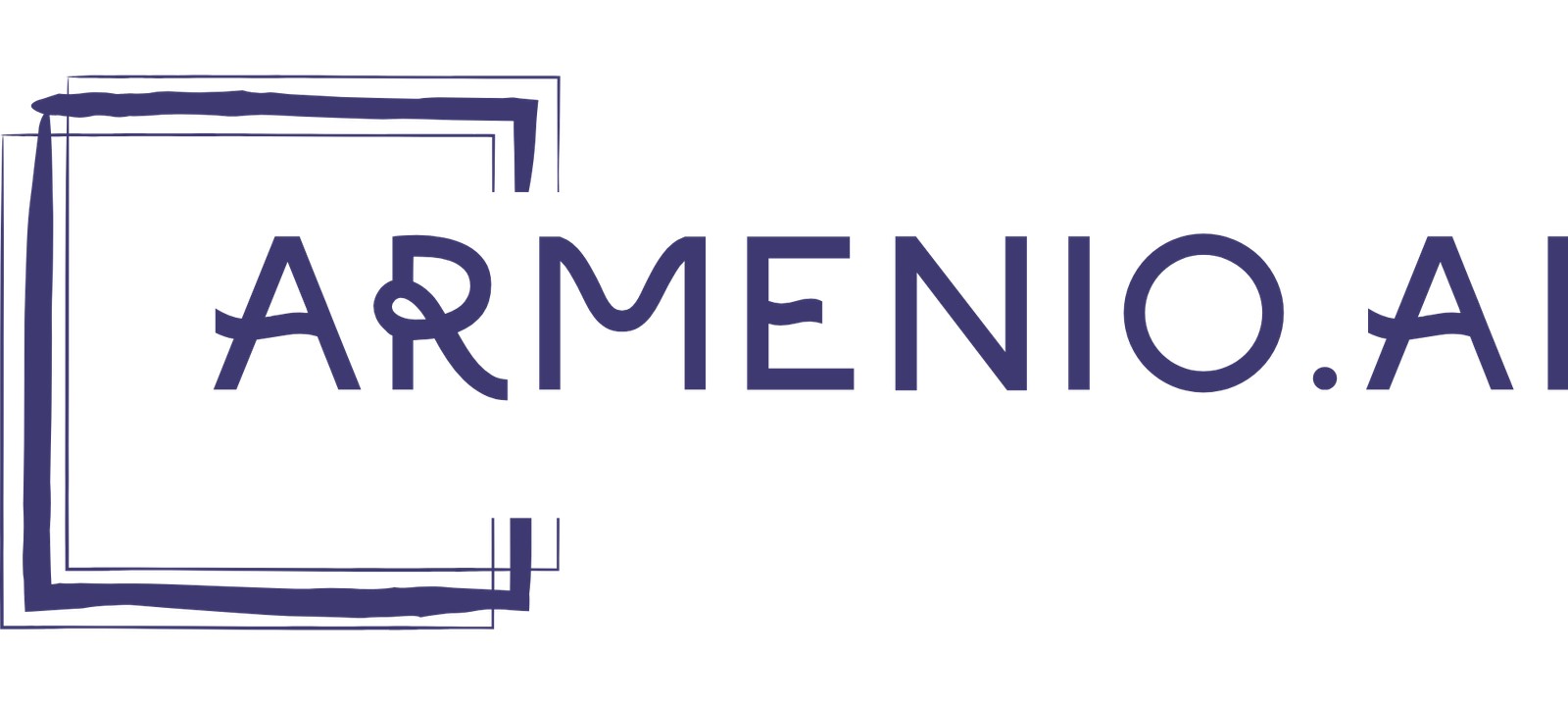Digitization of Patient Health Records
The shift to EHRs is critical for efficient data analysis tools in healthcare to meet patient-centric requirements. It sustains instant access to all patient information, which allows both clinicians and patients to participate in the decision-making process (Spruit & Lytras, 2018). The digitalization of health records would enable tailored drug delivery services, advanced care coordination, and health education services.
Optimization of Patient-Centered Care
Through patient-centered analytics, we envision data analytics being utilized to maximum effect as care is individualized to meet specific patient needs. As Spruit & Lytras (2018) pointed out, intelligent, learned systems have created personalized treatment options based on patients’ preferences, clinical backgrounds, and lifestyles. This way, a patient-centered service provides more pleasure and supports compliance with treatment regimens and health outcomes.
Accurate Prediction of Patient Outcomes
Predictive analytics acts as a key tool for foreseeing post-treatment consequences and the efficiency of treatment strategies. By carefully examining patients’ data, such as demography, history, and genetics, health care specialists can identify the risk factors, project the disease progression, and customize the treatments (Limited, n.d.). Though patients may consume health services, a proactive approach improves patients’ outcomes and thereby reduces healthcare costs.
Empowering Patients in Decision-Making
Patient-centric data analytics helps patients actively participate in the core of the process, empowers them, and allows them to be stronger actors on the stage of their healthcare journey. Patients can access their health data, treatment options, and learning resources through online portals, mobile applications, or interactive dashboards (Limited, n.d.). The openness at this moment allows for free and frank communication between patients and various healthcare providers; consequently, patients make informed decisions that produce good health results.
Enhancing Care Coordination
Coordination of care is essential for people to get care tailored to patients’ needs in the various settings in the health sector (Limited, n.d.). Through data analytics, care teams are connected with similar health worker backgrounds and can share information on diagnosis, prognosis, and treatment (Spruit & Lytras, 2018). This involves collecting data from different sources, using electronic health records, personal wearable devices, and telehealth platforms, enabling cooperation among providers, improving the treatment process, and guaranteeing care continuity.
Personalized health interventions
Data analytics make it possible for such individualized patient approaches to health interventions to be designed, which, in turn, allows them to be implemented for the needs of each person. Machine learning engines work on data abundance with the ability to discover patterns, suggest preventive measures, and recommend individualized interventions based on the analysis. Integrating patients’ traits and loyalties in treatment planning into the targeted interventions can provide high-quality health outcomes and patient satisfaction.
Continuous monitoring and feedback
Patient-centric analytics uses data analytics that consists of continuous checks of the patient’s health data by taking patient feedback to improve the process and make it better for all patients in general. Remote mobile health technology like devices, sensors, and IoT-based devices can capture critical data in real-time (Spruit & Lytras, 2018). These are vital signs, drug adherence, and lifestyle habits. Against this background, patients with access to genome sequencing data base their personalized interventions, engage in early intervention processes, and even manage their health.
Ethical Considerations and Privacy Protection
The privacy of patients and the security of the data should be the areas of highest concern in patient-centric data analytics. Healthcare organizations must comply with strict ethical guidelines and the relevant regulatory requirements to maintain information security, including patient consent and no unauthorized access to confidential patient data (Limited, n.d.). The health data communication system uses strong encryption data, access controls, and compliance with HIPAA standards that protect patient data and assure the credibility of health information systems.
The healthcare sector, especially the implementation of patient-centric data analytics, requires a comprehensive approach that emphasizes personalized medicine, patient participation, and privacy protection. By using the latest technologies of analytics and adaptive systems combined with ethical practices, healthcare providers can give patients personalized treatment and ensure care coordination and a better experience in a patient-centered healthcare system.
References
Limited, I. (n.d.). Importance and uses of data analytics in healthcare | Infosys BPM. Www.infosysbpm.com. https://www.infosysbpm.com/blogs/healthcare/ways-to-use-data-analytics-in-healthcare.html
Spruit, M., & Lytras, M. (2018). Applied data science in patient-centric healthcare: Adaptive analytic systems for empowering physicians and patients. Telematics and Informatics, 354-643-653.

